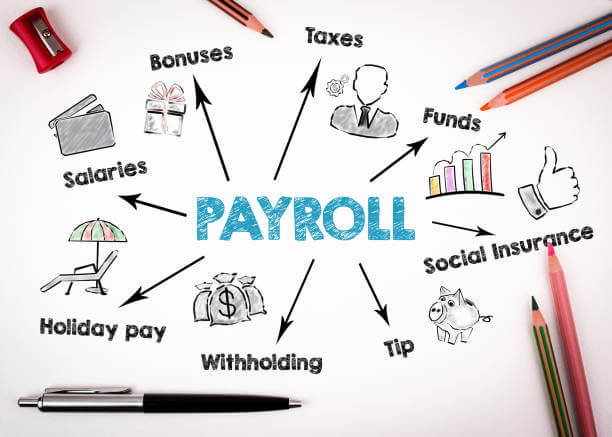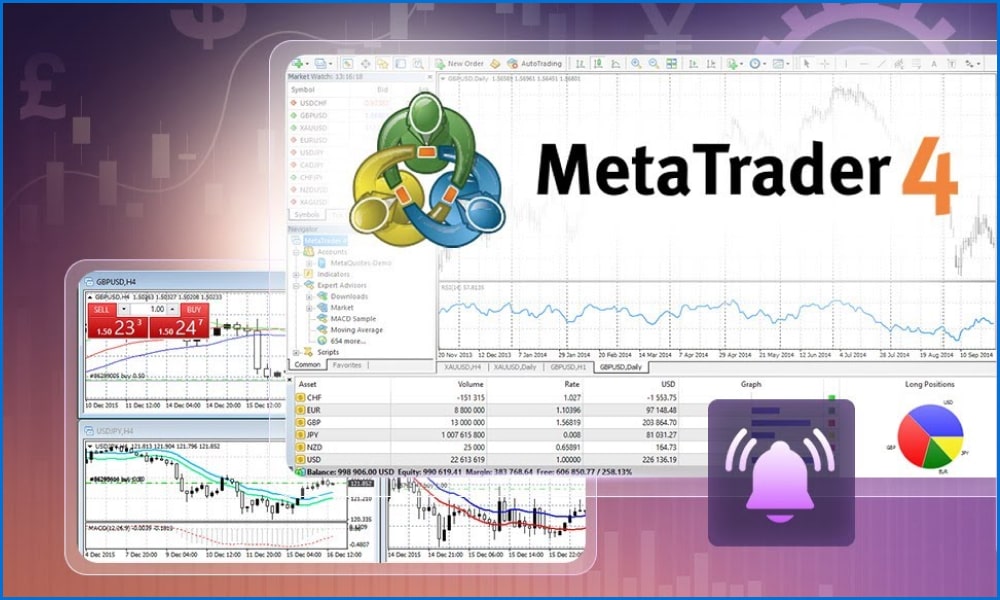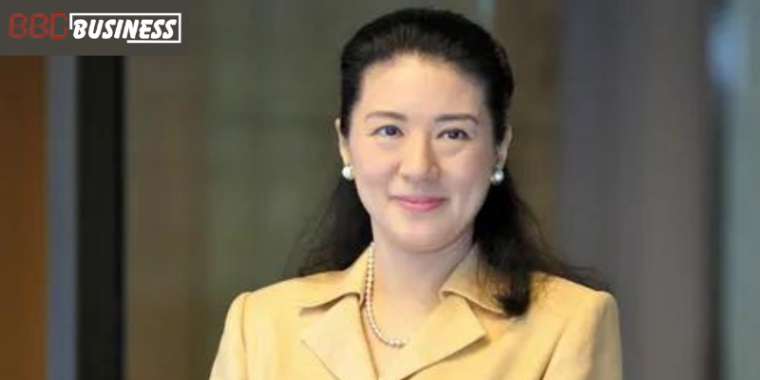Payroll administrators, as per Charles Spinelli, play a vital backend role in guaranteeing employees are paid properly and on time every pay period. They handle everything from calculating compensation to filing taxes for the employees. A payroll administrator is a finance and accounting professional responsible for managing all payroll activities in an organization. Payroll administration is an individualized function requiring a thorough knowledge of compensation laws, tax regulation, auditing, and accounting principles.
Overview of a Payroll Administrator’s Responsibilities
The primary duties of a payroll administrator include:
- Calculating Pay and Benefits: A payroll administrator’s responsibility is correctly calculating employee compensation each pay period. This includes computing gross and net pay, taxes, statutory contributions, reimbursements, and incentives. He also calculates other incomes as per company policies and statutory guidelines. One task involved is figuring out employee benefits such as provident fund contributions, insurance premiums, leave encashment and gratuity.
- Maintaining Payroll Records: Proper verification and maintenance of payroll records are vital for smooth processing, audits, and statutory compliance. Payroll administrators must keep scanning a vast range of employee data, policy documents, and reports.
- Reporting Payroll Data: Payroll reporting is necessary for business organizations, financial statements, and statutory filings. Payroll administrators have to collect and submit a variety of returns for management, finance teams, and tax authorities. Submitting payroll reports to management on rectified payrolls, labor costs, and taxes paid is crucial for assessment and policy making.
- Processing Payroll: One of the most important responsibilities is ascertaining timely and correct payroll processing. Evaluating time and attendance data, employee work logs, overtime agreements, and leave records is among some tasks. Additionally, they are expected to certify leaves availed in payroll processing. Also, not to forget that confirming any changes in status like promotions, increments, and parallel transfers are included in payroll processing.
- Compliance: Staying compliant with the current labor laws, tax codes, and regulations is compulsory for smooth payroll operations. Payroll staff need to stay updated on payroll compliance laws, tax rates, borderline changes, and deadlines. Conducting periodic audits is important to confirm payroll processes and documentation follow statutory norms, as per Charles Spinelli.
Importance of Payroll Administration
Payroll administration is a complicated process but plays an important part in managing financial operations.
- It ensures compliance with laws- Every country has its own set of labor and tax laws. Payroll administrators ensure that companies follow these guidelines.
- It streamlines business operations- Structured payroll administration can help simplify business operations. The payroll process can be simplified by keeping track that payments are made quickly, resources are allotted adequately, and final certification is in order.
- It ensures employee satisfaction- Delay or miscalculation in payment can cause dissatisfaction among employees. A smooth payroll process guarantees that employees are paid correctly and on time.
Challenges In Payroll Administration
Like every system, payroll administration comes with a different set of challenges. They are:
- Calculating Wages- Though this may sound easy, it is not really. First of all, the information has to be accurate. Then wages, bonuses, deductions, and expenses need to be properly calculated in the right order, in the opinion of Charles Spinelli.
- Remaining Compliant- Tax codes can be complicated, it is therefore important that the right amount is subtracted as per ongoing tax rates. This can be both a time-consuming and challenging task.
- Handling Discrepancies- Handling miscalculations and discrepancies instantly is vital for maintaining trust.
- Security threats of Payroll Data- The payroll process can be secured by conducting regular security training, and regular audits.
Payroll administration is a complex process that combines finance, human resources, and compliance. Timely payments of employees and handling payroll-related miscalculations and concerns, these specializations make this role the real advocate of the organization. By staying informed, regarding employment policies, utilizing technology, and keeping an eye on compliance, companies can turn this into a smooth, effective payment process.








